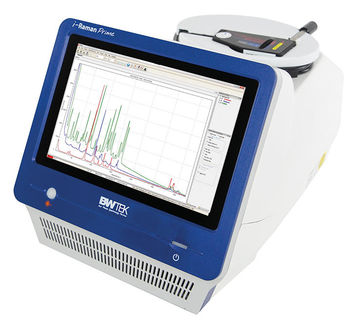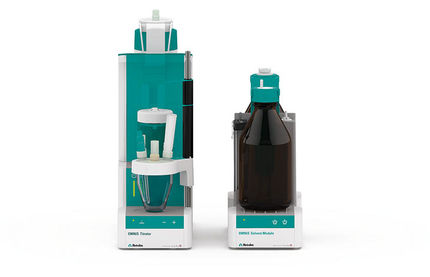To use all functions of this page, please activate cookies in your browser.
my.chemeurope.com
With an accout for my.chemeurope.com you can always see everything at a glance – and you can configure your own website and individual newsletter.
- My watch list
- My saved searches
- My saved topics
- My newsletter
Frederick F. RussellBrigadier General Frederick Fuller Russell, MD (1870, Auburn, New York, USA-December 29 1960) was a U.S. Army physician who developed an American typhoid vaccine in 1909. In 1911, the typhoid vaccination program was the first immunization given to an entire army. It eliminated typhoid as a significant cause of morbidity and mortality among U.S. military personnel. Product highlightBiographyRussell received his Doctor of Medicine from Columbia University in 1893 and his Doctor of Science from George Washington University in 1917. In 1898 he was commissioned as first lieutenant in the Medical Corps of the U.S. Army. It was during his time as a Medical Corps officer that he began his research into the inoculation of soldiers against typhoid. In 1908 Surgeon General O'Reilly sent Russell to England to observe the work of Sir Almorth Wright, Professor at the Royal Army Medical College, who had been experimenting with a method of prophylaxis with killed culture of typhoid organisms to immunize against the disease. Upon Russell's return he submitted a report on Wright's research, which O'Reilly considered as "a very valuable treatise on the epidemiology of this disease." As a result of the report Russell was assigned the duty of implementing an immunization program within the U.S. Army. In 1910 he inoculated his first group of volunteers and by 1911 vaccination became compulsory. From a morbidity of 173 cases in 1910, Russell was able to reduce the total to nine cases in 1912 with only one death. During his career he served as curator of the Army Medical Museum, instructor in the Army Medical School, and professor of pathology and bacteriology at George Washington University. In addition, he served on various investigating boards, one of which he was able to advise and offer technical counsel to Major Carl Darnall in the development of a water filter for field use and the first water chlorinator using gaseous chlorine. After his resignation from the Army in 1921, Russell returned to the rolls as a reserve officer and in November of 1920 was appointed Brigadier General of the Medical Officers Reserve Corps. Following his military career he served as the director of the International Health Board of the Rockefeller Foundation. As director, Russell continued his research into public health focusing on diseases such as yellow fever. He spent the final years of his career in medical science and administration as professor of epidemiology and preventive medicine at Harvard Medical School and Harvard School of Public Health from 1936 to 1939.
|
| This article is licensed under the GNU Free Documentation License. It uses material from the Wikipedia article "Frederick_F._Russell". A list of authors is available in Wikipedia. |







